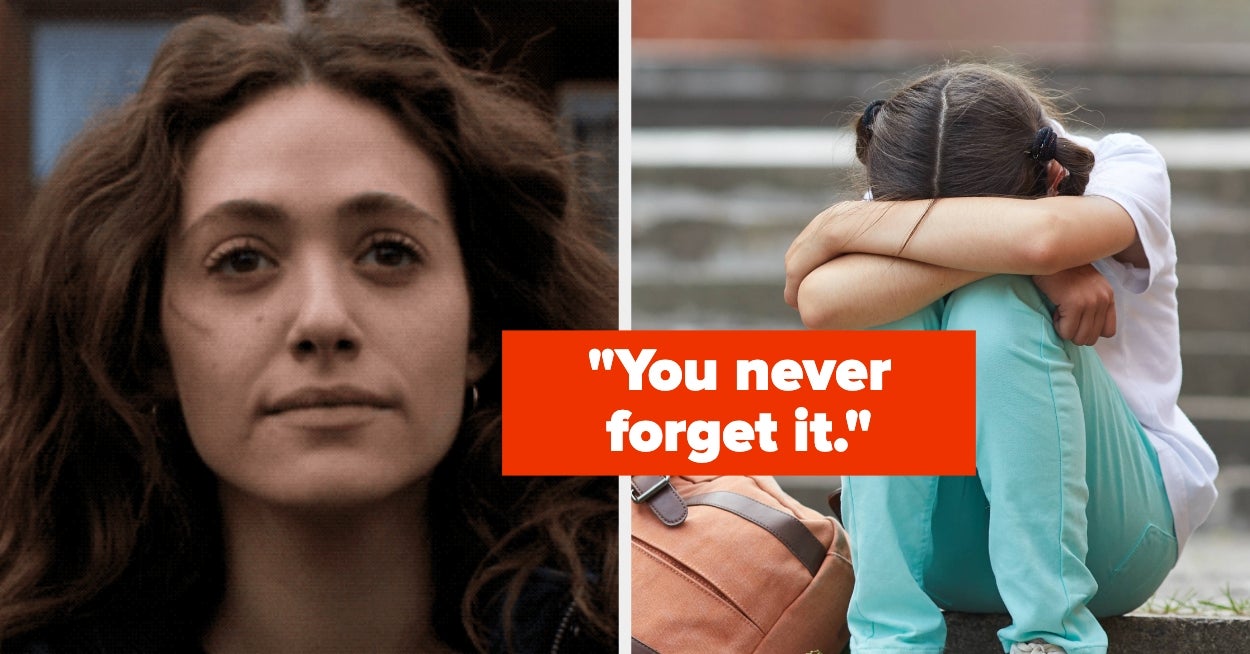
"You can end up doing very well money-wise, but being poor as a kid never leaves you."
"Spending money to save money isn't an option, because often times you don't have the money in the first place. Yeah, a $100 pair of shoes is going to outlast the $10 Walmart special, but if you don't have the $100, you can't buy them. Yeah, it's better to buy in bulk, but if your grocery budget is only $20, you can't spend it all on the 25lb bag of rice. Yeah, it's better to take care of minor car issues before they become major car issues, but you can't do that if you don't have the money for the parts, much less labor. Yeah, it's better to buy brand new tires, but the $20 used tires will have to do, because you don't have money for the $100 new tires. And you ain't replacing all four at once; you're doing it on an as-needed basis. Yeah, per unit it's cheaper to make your own burgers at home, but you can't buy per unit at the grocery store, so McD's it is. I could list dozens of other examples."
"I would say I experienced poverty more as an adult, and my answer is how expensive it is to be poor. There is a ton of nickel and diming that goes on. Things like laundry mats, overdraft fees, and heaven forbid you get credit card debt or payday loans."
"Not having the security to take risks and pursue your passions, and having to worry about playing it safe by finding a job that pays well. I understood our financial situation, and every test felt like game seven with two seconds on the clock"
Growing up poor produces lasting practical and psychological effects that persist into adulthood. Limited cash forces immediate affordability decisions that increase long‑term costs, such as buying cheaper goods, used tires, or fast food. Lack of savings prevents preventative maintenance and bulk purchasing, creating repeated expenses. Fees and lack of credit access—overdrafts, laundromats, payday loans—make being poor more expensive. Financial insecurity reduces freedom to take career or creative risks, pushing people toward safer, higher‑paying jobs. Childhood scarcity shapes lifelong vigilance, anxiety about money, and a tendency to prioritize short‑term survival over long‑term savings.
Read at BuzzFeed
Unable to calculate read time
Collection
[
|
...
]